Five Poems from Liberty Walks Naked
Maram Al-Masri, Translated by Hélène Cardona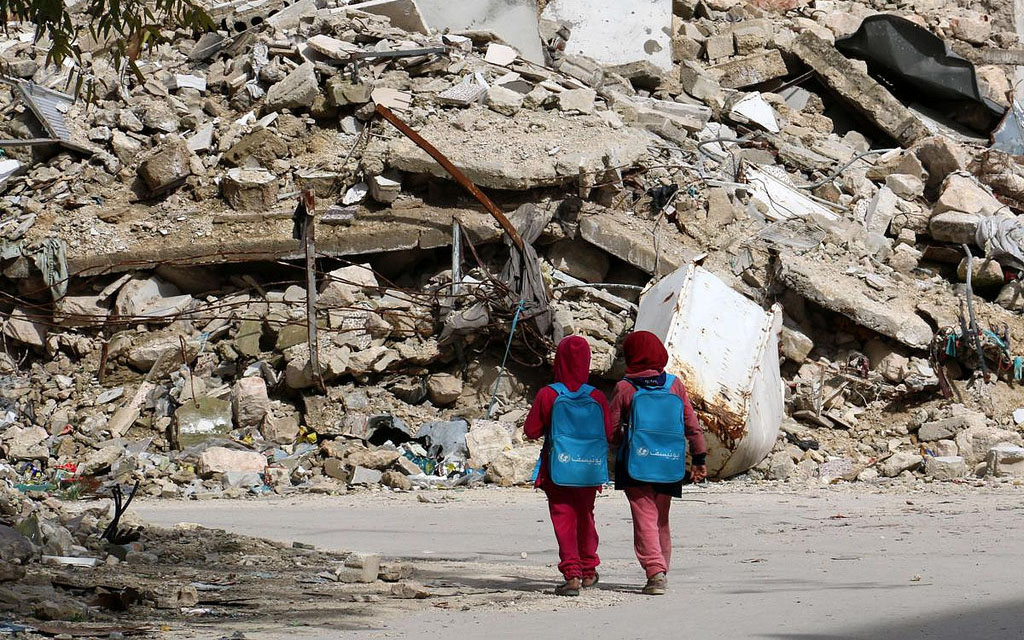
3
I am a human not an animal,
shouts the ordinary citizen
Ahmad Abdouwhab.
With a trembling voice
like a prisoner escaped
from the cage of fear.
The veins of his throat
are swollen
and his eyes filled with rage.
He never read
Balzac nor Victor Hugo,
he does not know Marx or Lenin…
That day
this ordinary citizen
Ahmad Abdouwhab
becomes extraordinary.
3
Je suis un homme pas un animal,
crie le citoyen ordinaire
Ahmad Abdouwhab.
Avec sa voix tremblante
comme un prisonnier évadé
de la cage de la peur.
Les veines de sa gorge
sont gonflées
et ses yeux noyés de rage.
Il n’a jamais lu
Balzac ni Victor Hugo,
il ne connaît pas Marx ni Lénine…
Ce jour-là
le citoyen ordinaire
Ahmad Abdouwhab
devient extraordinaire.
4
selmieh selmieh
peaceful peaceful
They went singing peace
bare torsos and clean hands
houriah houriah
liberty liberty
They marched shouting liberty
shirtless and roses in hands
Yes it’s a song that shook
the solid core of fear
and dropped the mask of the crow.
4
Selmieh selmieh
Pacifique pacifique
Ils sont sortis en chantant la paix
les torses nus et les mains propres
Houriah houriah
Liberté liberté
Ils ont manifesté en criant la liberté
torse nu et des roses dans les mains
Oui c’est un chant qui a fait trembler
le coeur solide de la peur
et fait tomber le masque du corbeau.
5
Have you seen him?
He carried his child in his arms
and walked masterfully
head high, back straight…
How happy and proud the child
would be thus carried in his father’s arms…
If only he was
alive.
5
L’avez-vous vu ?
Il portait son enfant dans ses bras
et il avançait d’un pas magistral
la tête haute, le dos droit…
Comme l’enfant aurait été heureux et fier
d’être ainsi porté dans les bras de son père…
Si seulement il avait été
vivant.
26
Daily life:
A long line in front of the bakery,
sounds of explosions.
Everything flees.
The very trees
pull up their roots and run.
Except hunger.
Hunger doesn’t care
and continues waiting
to buy
bread.
26
Scène quotidienne :
Une file d’attente devant la boulangerie,
des bruits d’explosions.
Tout fuit.
Même les arbres
commencent à arracher leurs racines pour courir.
Sauf la faim.
Elle s’en fiche
et continue son attente
pour acheter
le pain.
29
Study hard, my daughter,
your country needs the one who will build it.
Do you need coffee?
Some tea?
You are going to succeed, I’m sure
you will get your diploma.
How happy I’ll be
I’ll throw you a big party.
Yes… engineer… it’s a beautiful profession…
She left for the university
loaded with pens and dreams.
One of her shoes
was returned to the hands of her mother.
29
Étudie bien, ma fille,
ton pays a besoin de celui qui va le construire.
Tu as besoin de café ?
De thé ?
Tu vas réussir, je suis sûre
tu vas avoir ton diplôme.
combien je serai heureuse
je vais te faire une grande fête.
Oui… ingénieur… c’est un beau métier…
Elle est partie au sein de l’université
chargée de stylos et de rêves.
Une de ses chaussures
est revenue dans les mains de sa mère.
French language poetry from Elle va nue la liberté (Editions Bruno Doucey, 2013).
Provenance: Invited submission.
Check out our interview with Hélène Cardona here.
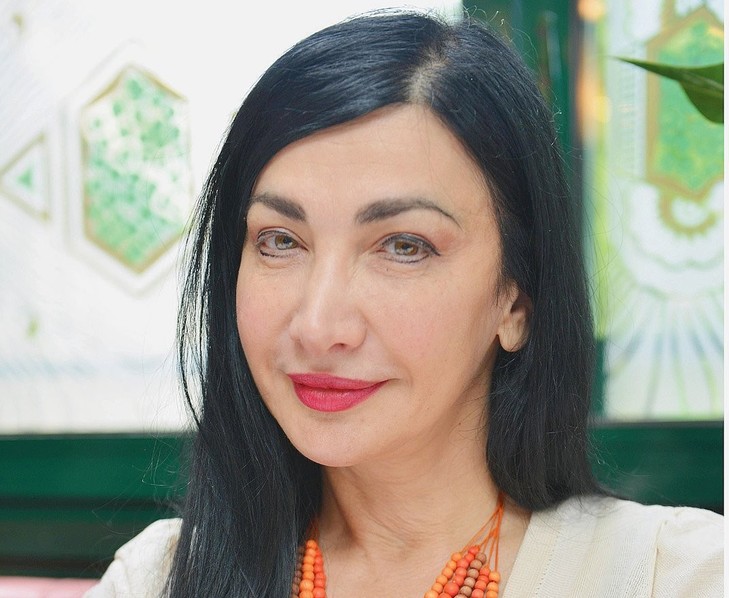 Maram Al-Masri, a Franco-Syrian poet and writer, was born in Latakia, Syria, and moved to France in 1982 following the completion of English Literature studies at Damascus University. She is the recipient of many prestigious literary prizes, including the Prix d’Automne 2007 de Poésie de la Société des Gens De Lettres, the Adonis Prize of the Lebanese Cultural Forum for the best creative work in Arabic, the Premio Citta di Calopezzati for the section Poésie de la Mediterranée, Il Fiore d’Argento for cultural excellence, and the Dante Alighieri Prize.
Maram Al-Masri, a Franco-Syrian poet and writer, was born in Latakia, Syria, and moved to France in 1982 following the completion of English Literature studies at Damascus University. She is the recipient of many prestigious literary prizes, including the Prix d’Automne 2007 de Poésie de la Société des Gens De Lettres, the Adonis Prize of the Lebanese Cultural Forum for the best creative work in Arabic, the Premio Citta di Calopezzati for the section Poésie de la Mediterranée, Il Fiore d’Argento for cultural excellence, and the Dante Alighieri Prize.
Today Maram is completely dedicated to poetry and writing, and considered one of the most acknowledged, influential, and captivating feminine voices of her generation.
Al-Masri’s sixteen books include Je te regarde, Le retour de Walada, Par la fontaine de ma bouche, La robe froissée, Elle va nue la liberté, Le Rapt, Je te menace d’une colombe blanche, Cerise rouge sur un carrelage blanc, and Femmes poètes du monde arabe.
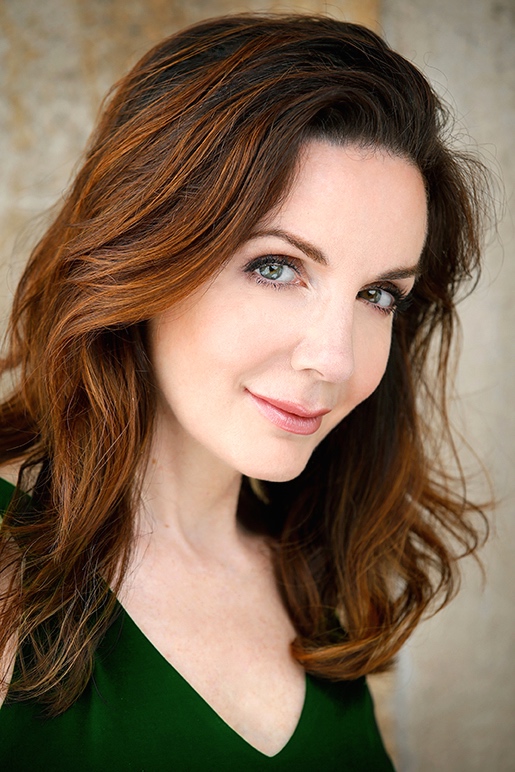 Hélène Cardona is the author of six books, most recently Life in Suspension and Dreaming My Animal Selves (both from Salmon Poetry); and the translations Beyond Elsewhere (Gabriel Arnou-Laujeac, White Pine Press), winner of a Hemingway Grant, Ce que nous portons (Dorianne Laux, Éditions du Cygne); as well as Walt Whitman’s Civil War Writings for WhitmanWeb. The Birnam Wood, her translation of El bosque de Birnam (Consell Insular d’Eivissa) by her father José Manuel Cardona is forthcoming from Salmon Poetry in 2018.
Hélène Cardona is the author of six books, most recently Life in Suspension and Dreaming My Animal Selves (both from Salmon Poetry); and the translations Beyond Elsewhere (Gabriel Arnou-Laujeac, White Pine Press), winner of a Hemingway Grant, Ce que nous portons (Dorianne Laux, Éditions du Cygne); as well as Walt Whitman’s Civil War Writings for WhitmanWeb. The Birnam Wood, her translation of El bosque de Birnam (Consell Insular d’Eivissa) by her father José Manuel Cardona is forthcoming from Salmon Poetry in 2018.
She has also translated Rimbaud, Baudelaire, René Depestre, Ernest Pépin, Aloysius Bertrand, Maram Al-Masri, Eric Sarner, Jean-Claude Renard, Nicolas Grenier, and Christiane Singer. Publications include Washington Square Review, World Literature Today, Poetry International, The London Magazine, The Brooklyn Rail’s InTranslation, Hayden’s Ferry Review, Drunken Boat, Asymptote, and The Warwick Review.
“Syrian girls, carrying school bags provided by UNICEF, walk past the rubble of destroyed buildings on their way home from school on March 7 in al-Shaar neighborhood, in the rebel-held side of the northern Syrian city of Aleppo” by Jordi Bernabeu Farrús is licensed under CC BY 2.0.
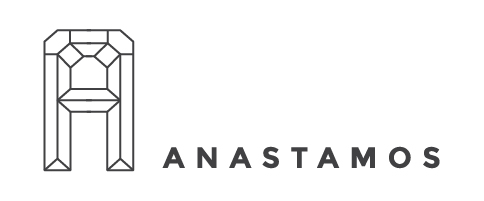
Hnin Htoi San
September 18, 2017 at 8:54 amDear,
My Beloved Poem Writer
Best,
Hnin Htoi San from Myanmar
Kathy Harper
March 15, 2019 at 2:02 pmBeautiful
Heartfelt
Dangerous
Heartbreaking
Ever so sad